Mobile Competition Part 1: What OS is best for you

Multiple times a day, if you look at the comments on any tech news website, or community forum, you're bound to see a flame war. Occasionally, you'll see a reasonable conversation, but more often than not. It's often one side vs another with no understanding or communication involved. It's a phenomenon that's easy to understand: few of us can afford multiple devices, so you make your choice of brand and stick with it. These brand choices are especially powerful when the devices get more expensive, so electronics see this loyalty become much more fierce than anything else; and, sometimes that loyalty will go a bit too far. New studies have found that "fanboys" actually take it as a personal insult if you critique their brands, which makes rational conversation even more difficult. There are two major ideas that make this entire phenomenon ultimately pointless. We'll tackle the first idea in this piece, and the second in the next piece, which we're aiming to have up next week.
- It's all opinion
- Quality becomes ubiquitous by the nature of competition.
It's often hard to hear, but it's true: iOS isn't better than Android or WP7 or WebOS. But, that's because no OS is better than any other, because each fits a segment of the population with certain interests, needs, and preferences. To make this easier going forward, here's a handy summary to choose the best OS for you when choosing between iOS, Android, and the field. We're going to focus mainly on iOS and Android, because they are by far the powerhouses in smartphones right now. All other platforms will be relegated at this time to "the field" because each is either on its way out (BlackBerry, Symbian), has a limited user base (bada, WP7), or is in limbo (MeeGo, WebOS).
iOS
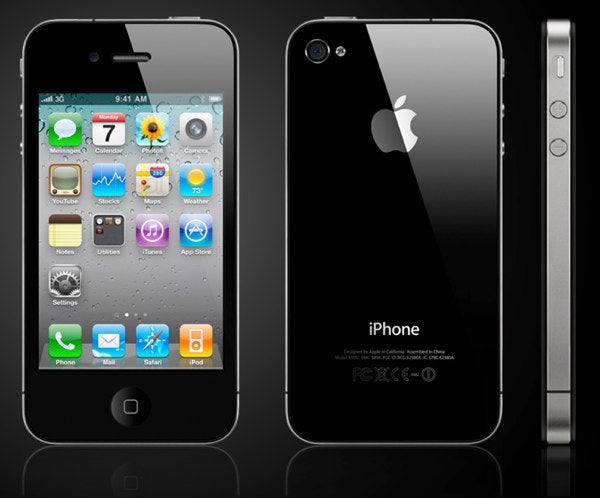
That said, because the operating system on Apple devices is so understated, the App store has the biggest and best selection of apps available on any platform. Many developers still choose to create their apps for iOS first and other platforms later. And, because of the app review policies and general perfectionist OCD legacy of Steve Jobs, the apps on iOS tend to be higher quality, and tend to have better UI, compared to Android and BlackBerry at least. The App Store advantage is even more apparent once you get to the iPad where selection of tablet apps on iOS blows away any competition. Some may point to the fact that Android has almost as many apps as iOS, and that is true as far as pure numbers from each store, but the difference is that the Android Market has a large supply of clone apps, spam, and general crapware, whereas iOS may have a lot of pointless apps, but at least you wouldn't find Perturbed Pigeons or any other ripoff like that in the App Store.
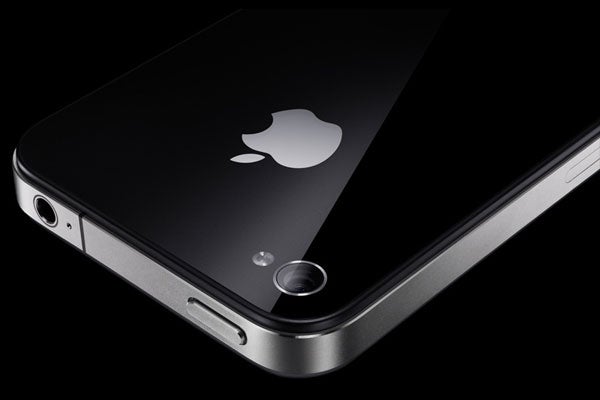
As far as hardware, that one new device becomes a bit of a double-edged sword with Apple. Apple tends to have great hardware design, but that design has to be good enough for everyone, because it's the only option. The only choice you'll get is in color and storage size. If you want a bigger screen, different form factor, or physical keyboard, you're out of luck. Or, if you don't want to spend $199 for the iPhone, you'll have to choose the previous generation iPhone, which may be made obsolete through a software update before your contract is out. In general, customization is frowned upon with Apple, aside from changing your background. For customization and choice, you want:
Android
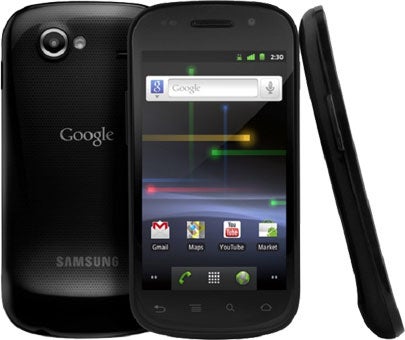
Of course, you can't talk about Android without talking about its open nature. Customization is a big benefit of this style, but it also leads to a lack of control for Google. This means that even though Google releases a new OS update once a year, manufacturers don't push those updates very fast. This delay has forced Google to split the basic apps from the OS, in order to push updates faster through the Android Market. Both iOS and Android have a fair number of jailbreakers/rooters, but for different purposes. On iOS, you would jailbreak to add features to a tightly controlled platform, while on Android you root to add features, but more importantly, to know you have the newest OS at all times.
That said, the myth about Android fragmentation is that it directly effects users, when that's not really true. At the latest check in August, 85% of Android devices were running 2.2+ and those other 15% had better be in the market for a new device, because any device stuck on 1.6-2.1 is likely at least 2 years old. Android 2.2 tends to be the highest API level that developers use for phone apps, so very few apps won't work. The only trouble with fragmentation is with developers deciding what API level to use and if that may mean any trade-offs as far as functionality. These trade-offs may mean less advanced functionality for users with new handsets, but apps will still work regardless. And, Android Ice Cream Sandwich is said to have features set to reduce fragmentation even more, but we heard that with Gingerbread. Besides, what good is an OS update made to reduce fragmentation if manufacturers never push it out to a device?
The open nature obviously also extends to the Android Market. The benefit of this is in the speed of releases, and no apps being banned due to objectionable content. Unfortunately, that also means a ton of spam, clone apps, and copyright infringing apps, as well as some malware. Overall, the selection of apps on Android phones is on par with iOS, but the quality tends to be lower (although getting better), and as we mentioned, there is still a big gap with tablet apps.
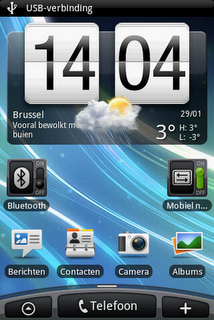
Some will complain that the Android ecosystem moves too fast, with both hardware and software, and that handsets become outdated too quickly. But, we're of the mindset that faster is always better. The competition is pushing all manufacturers to keep ahead of the pack and that competition pushes forward the entire smartphone ecosystem, not just Android. Besides, Android is still iterative, just like desktops. Sure, there may be something better out a few months after you purchase, but your 2+ year old phone probably still works just fine, assuming it has received software updates from the manufacturer. Even Apple is letting older phones stay alive with new versions of iOS, and not pushing as hard with forced obsolescence. Of course, on both platforms, some older devices may not be able to take advantage of all new features, but for the most part apps will work no matter what. The only trouble that can arise is that, as with desktops, when there is a big jump in hardware, the software may not be optimized to handle it. For example, the first dual-core Android phones hit the market in early 2011, but the Android OS won't be optimized for multiple cores until Ice Cream Sandwich, which is coming in the next couple months. Whereas, because Apple controls everything, the hardware and software are always optimized, even if the hardware only changes once a year.
The Field

It's not all doom and gloom with mobile competitors though, and there are a couple options that could chip away at the big two at the top of the mountain. Both Windows Phone 7 and bada are essentially new kids on the block, both having begun life in 2010, where the iPhone first launched in 2007 and the first Android handset, the G1, launched in 2008. Microsoft has been in the mobile OS game for a long time with Windows Mobile, but WP7 is such a huge reboot, that it's essentially a completely new OS (although it does contain a lot of old code.)
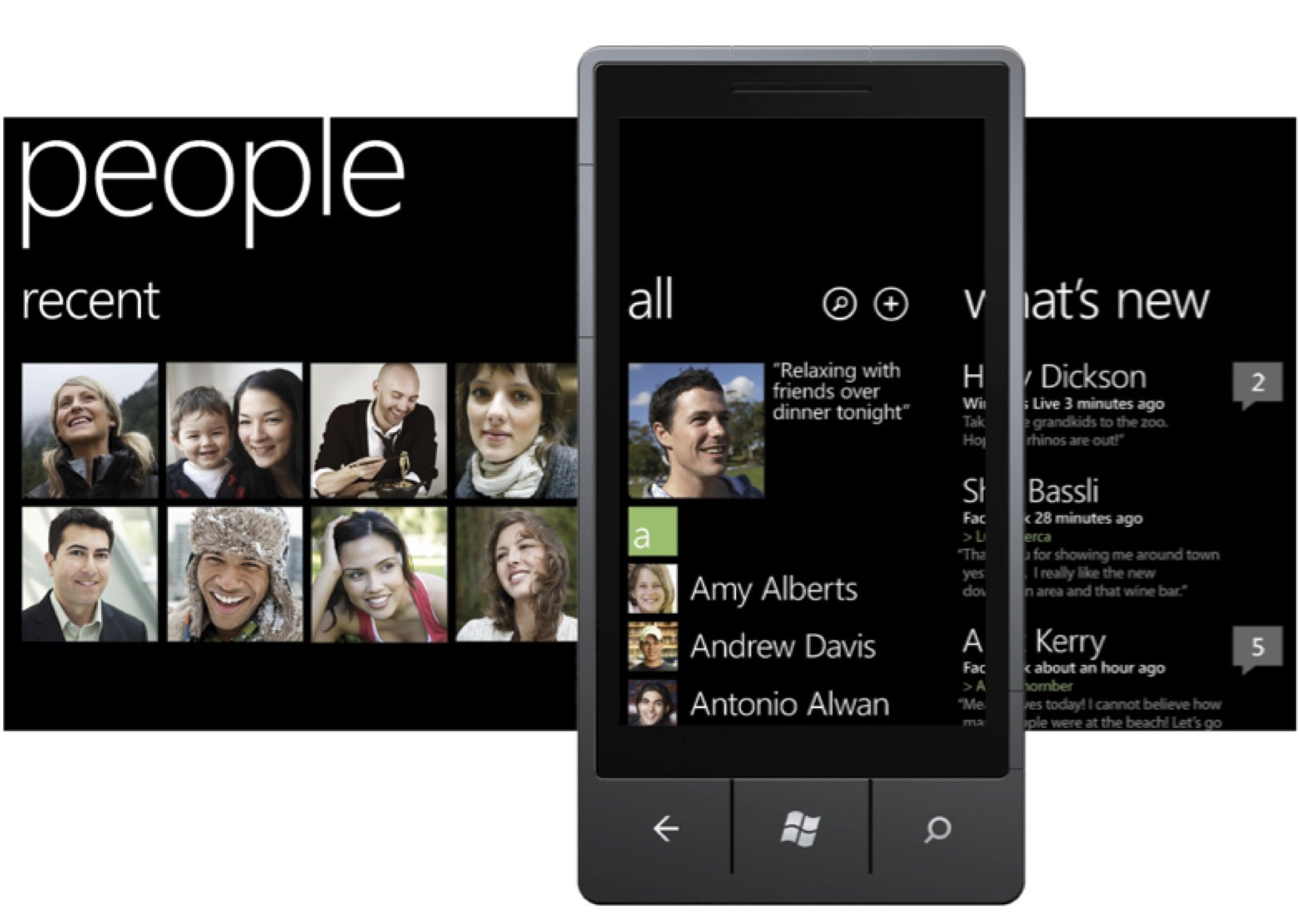
WP7 is also unique in its Metro UI. With most smartphone platforms centered around the visual of app icons with various ways to organize them, WP7 stands out with its tile design, bold interface, and Live Tiles, which can offer much of the same functionality as widgets, but with a more minimalist style. Microsoft has also gone so far as to enforce the Metro UI overlapping panel design on 3rd party apps, which gives the entire ecosystem a very nice unified feel. Microsoft also extends that control to hardware, so even though there are multiple hardware partners, all devices have certain standard features, and updates are all pushed out to everyone. Unfortunately, this means that there isn't a lot of difference between WP7 handsets and the hardware doesn't iterate very quickly. Even now, dual-core CPUs are not common in WP7 devices, despite being the current standard for high end smartphones. And, although Microsoft is working on a version of WP7 for low-end devices, there isn't yet a lot of choice for various price points. Overall, WP7 still has some catch-up to do to reach feature parity with iOS and Android, but the newest update, Mango, adds a huge number of features. And, with rumors of big ties between Windows 8 and Windows Phone 8 in the future, it could easily become the a serious competitor.
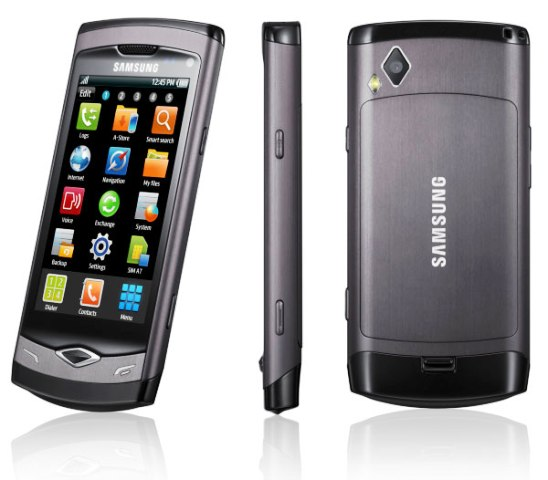
Conclusion
Sometimes, the difference between an irrational argument and a conversation is just a matter of language specificity. Our friend Peter will often say that "bada is the best OS", but in reality, it isn't the best OS. However, it is the best OS for Peter. Many people, like our friends taco, gallito and Miz will name iOS and Apple as unreachable pinnacles of perfection. Neither the hardware nor the software is perfect, but it is perfect for them. Any number of our faithful Android fans like Sniggly, protozeloz and remixfa will defend Google to the death, but of course Android has its share of problems too. And that's the real lesson in the mobile OS competition, there is no one solution, because it all comes down to personal preference and choice.
We here at Phone Arena are pretty happy that there is no one "best" OS, because it would make our jobs far less interesting, and it would make the tech landscape far less interesting. As much as we may argue that one OS is better, or that one OS has stolen features from another, it's all a matter of competition, and competition means that everyone gets better. The bottom line is, if you want simple, easy and without hassle, buy Apple. If you are okay with a device that has a higher learning curve, go for Android. And, if you want to be part of a platform that isn't overwhelming with choice in either apps or devices, or a platform that's on the rise, maybe WP7 or bada would be best for you. Still, the best advice is probably to decide how much you are willing to pay, and what carrier you want first, and choose your device based on what's available from there.
In the next installment, we'll discuss that competition, market share, sales, and the push and pull between manufacturers, platforms, carriers, etc. The mobile landscape is one that is evolving extremely fast these days, but it is finding common forms in that evolution. Some may claim that it's a matter of one company stealing from another, but we don't think it's that simple. We're hoping to have Part 2 on this discussion of mobile competition out next week, so definitely check back.
images via: aoisora9x and Piper Jaffray
Follow us on Google News













Things that are NOT allowed:
To help keep our community safe and free from spam, we apply temporary limits to newly created accounts: